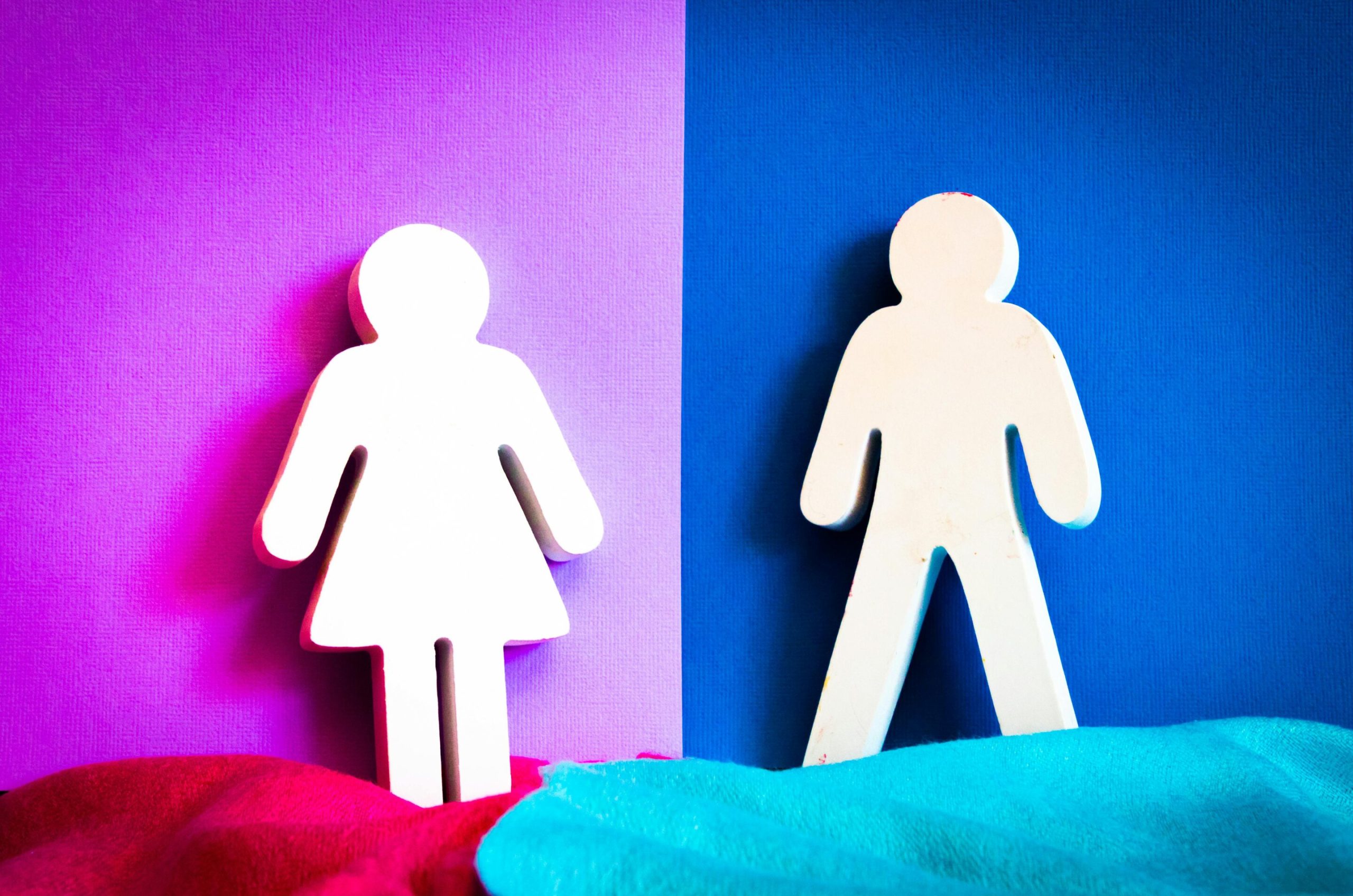
New research from the Institute of Psychiatry, Psychology & Neuroscience (IoPPN) at King’s College London, in partnership with Sichuan University, Chengdu, has found that people that show traits and behaviors that differ from gender stereotypes may be at greater risk of a range of common mental health difficulties, including anxiety, depression and low self-esteem.
The researchers analyzed 1975 published reports exploring the relationship between gender nonconformity and poor mental health, with a total sample size of between 25,000 and 142,000 participants depending on the mental health problem studied.
The research, published in Clinical Psychology Review, found that higher levels of gender nonconformity (i.e., when a person’s interests, behaviors, appearance or personality traits don’t conform to gender stereotypes and societal norms) were linked with higher levels of generalized anxiety symptoms, depressive symptoms, lower self-esteem, and increased risk of self-harm and suicide attempts.
The links to generalized anxiety symptoms, depressive symptoms and self-esteem were stronger in men than in women, and the link to depressive symptoms was stronger in adolescence than in childhood.
The authors explain the link with mental health difficulties could be due to a lack of tolerance of gender nonconforming behaviors or traits among societies, resulting in victimization.
“Reported gender nonconformity, in particular, that focusing on behaviors rather than dispositions, was consistently associated with poorer mental health but depended on the type of mental health problem studied as well as factors such as sex and age.
“Our results suggest that more understanding and tolerance of behaviors that differ from gender stereotypes could be beneficial to the mental health of individuals who display greater gender nonconformity. Further research on possible interventions to improve overall psychological well-being in people who display greater gender nonconformity is also needed,” says Dr. Yin Xu, senior research fellow at Sichuan University and the study’s first author.
Perceptions of gender nonconformity—which is separate from “gender identity“—is dependent on societal norms, so it may vary between countries and cultures.
The researchers also found that behavior-based nonconformity (which is more socially visible) was more strongly linked to depressive symptoms and self-esteem compared to personality trait-based non-conformity.
“There was no influence of sexual orientation on the pattern we found, which is unusual since gender nonconformity and being non-heterosexual are strongly linked over the life-course. It appears that gender nonconformity is associated with poorer mental health irrespective of one’s sexuality.
“The fact that the link was stronger in adolescence is consistent with the growing picture from our program of research showing that vulnerabilities early in life among gender nonconforming and LGBTQ+ people are linked to their preponderance of poorer mental health,” says Dr. Qazi Rahman, Co-Director of the LGBTQ+ Mental Health Research Group at King’s IoPPN and the study’s senior author.
Dr. Rahman continued, “Being the target of victimization due to one’s own gender nonconforming behaviors is likely a precipitating factor. However, other factors early in life might also be important.”
More information:
Yin Xu et al, Gender nonconformity and common mental health problems: A meta-analysis, Clinical Psychology Review (2024). DOI: 10.1016/j.cpr.2024.102500
Citation:
Meta-analysis explores relationship between gender nonconformity and mental health (2024, September 27)
retrieved 28 September 2024
from https://medicalxpress.com/news/2024-09-meta-analysis-explores-relationship-gender.html
This document is subject to copyright. Apart from any fair dealing for the purpose of private study or research, no
part may be reproduced without the written permission. The content is provided for information purposes only.


